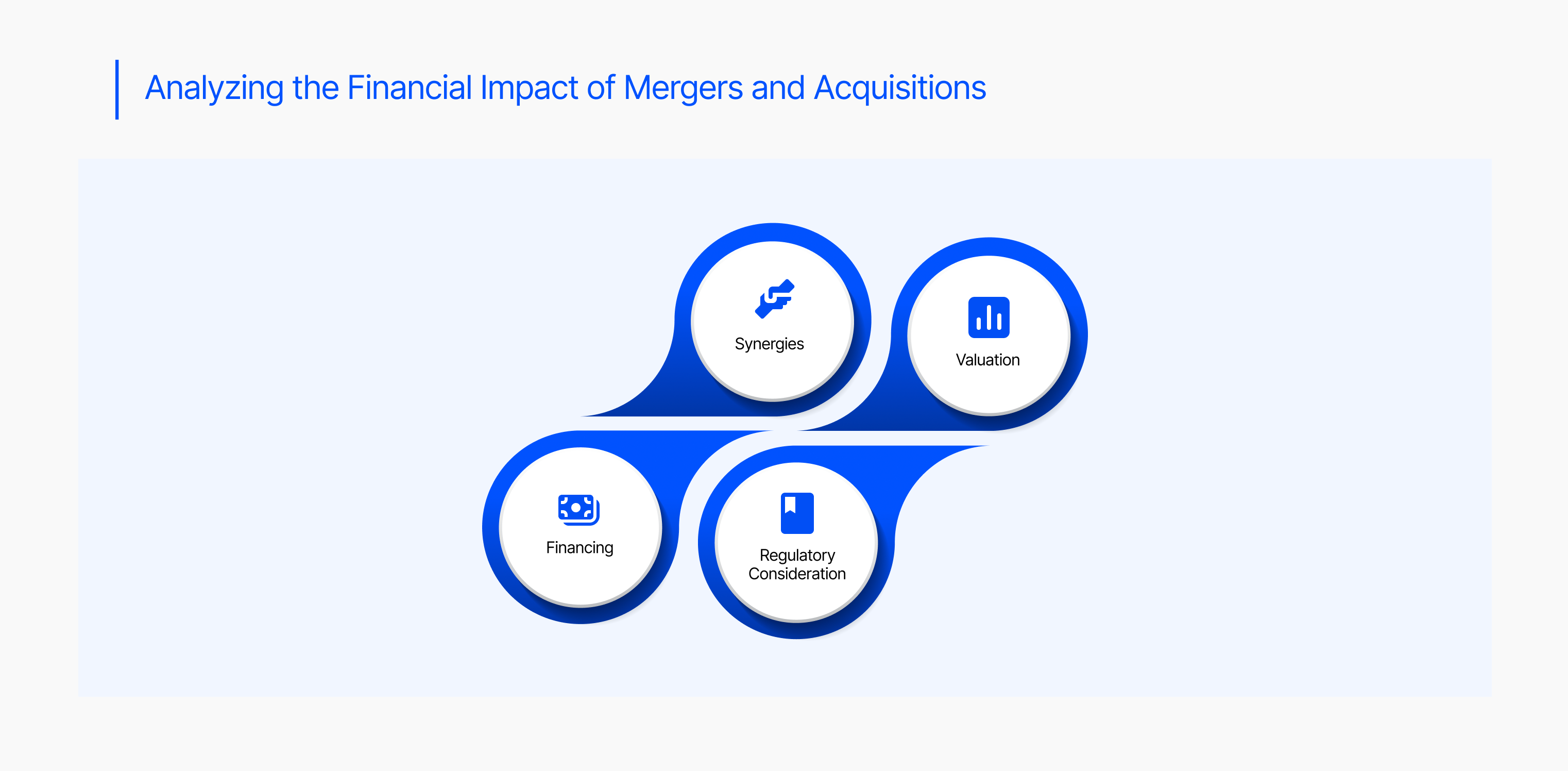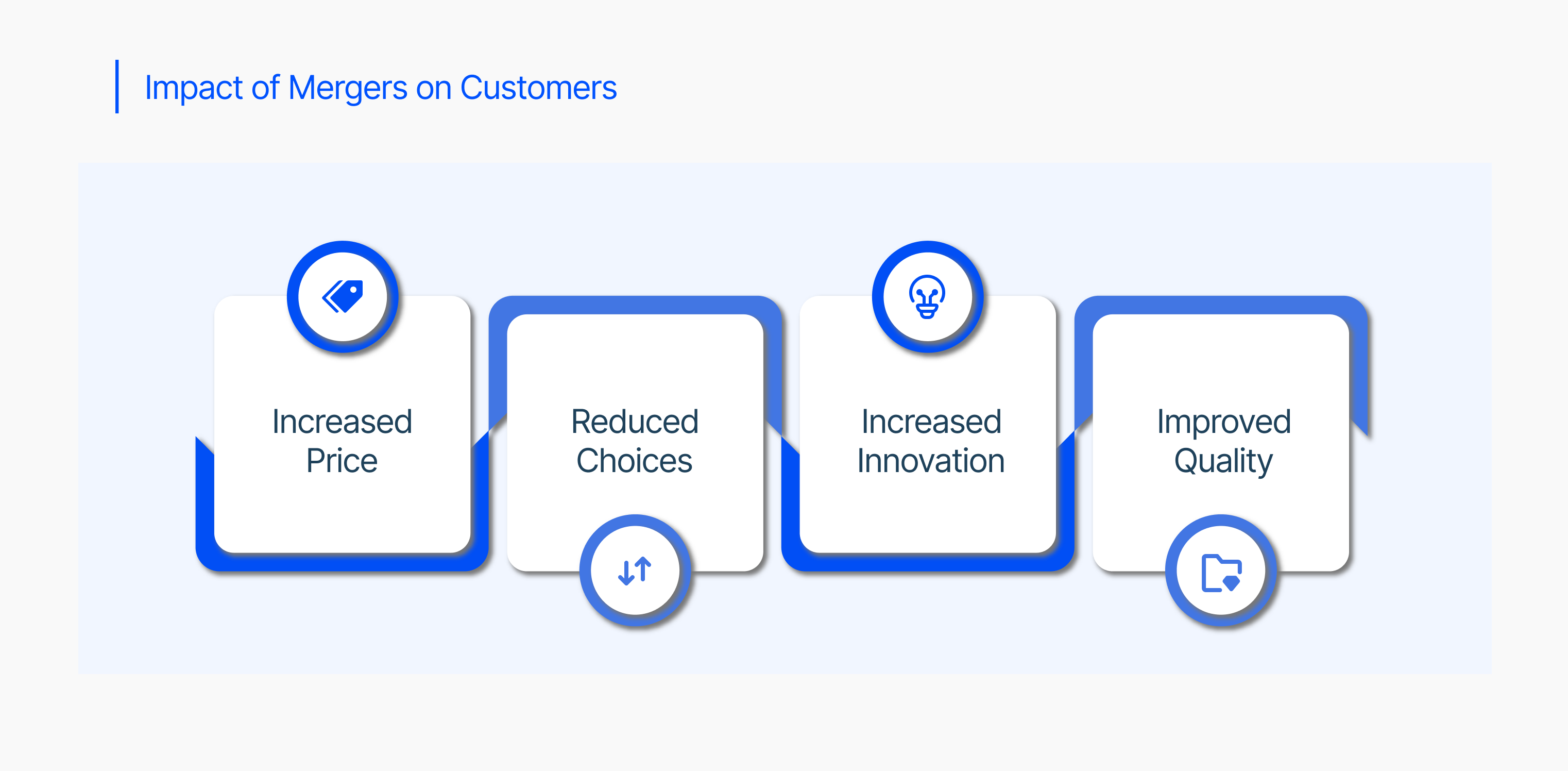What Mega-Mergers & Acquisitions Mean for Investors
The financial news cycle keeps investors on their toes — any unfavorable headline in a newspaper can send them into panic mode. The sheer scale and potential of news related to mega-mergers and acquisitions (M&A) may cause investors to go off the rails, leading to the reshaping of entire industries. But if you want to appreciate the implications of M&A activity, you will have to go beyond the sensational headlines, dissecting their potential impact on the companies involved and the broader market dynamics.
According to a recent article published in Investopedia, “mergers and acquisitions (M&As) are the acts of consolidating companies or assets, with an eye toward stimulating growth, gaining competitive advantages, increasing market share, or influencing supply chains.”

Why companies embark on mega-mergers
If you think companies join forces on a whim, you are mistaken. There are several strategic objectives that drive these big deals, such as domination of the marketplace, streamlining of operations and saving money, complementary skillsets and technologies, and a desire to expand globally. A 2015 article published in Harvard Law School Forum on Corporate Governance says that slow economic growth, weak consumer demand, cheap money, tax arbitrage, and China are the five major factors leading to the explosion of M&A among large firms.

Identifying red flags
While M&A activity can signal exciting growth potential for the involved companies, investors need to be aware of the potential downsides, including integration challenges, short-term stock market fluctuations, and regulatory hurdles.

Way forward
Prudent investors can navigate this complex landscape more strategically by equipping themselves with a clear understanding of potential benefits and drawbacks of M&A activity. They also need to analyze the logic behind the merger: does it addresses a genuine strategic need for both companies? Is there a clear path to achieving the stated goals?
Doing comprehensive research of management teams’ track record with past acquisitions, staying updated with regulatory landscape, avoiding panic sell, and maintaining a diversified portfolio also play a critical role in the long-term success of the merger.
Summary
Investors are likely to benefit from the opportunities presented by M&A activity by exercising critical and informed judgement while navigating its complexities. It's important to keep in mind that any mega-merger has strategic reasons, pitfalls, and long-term effects that should be examined in addition to the initial headlines. When you combine this with wise investing practices like diversification and comprehensive research, you'll be in a good position to respond appropriately to the situations that may cause market fluctuations.
Share With